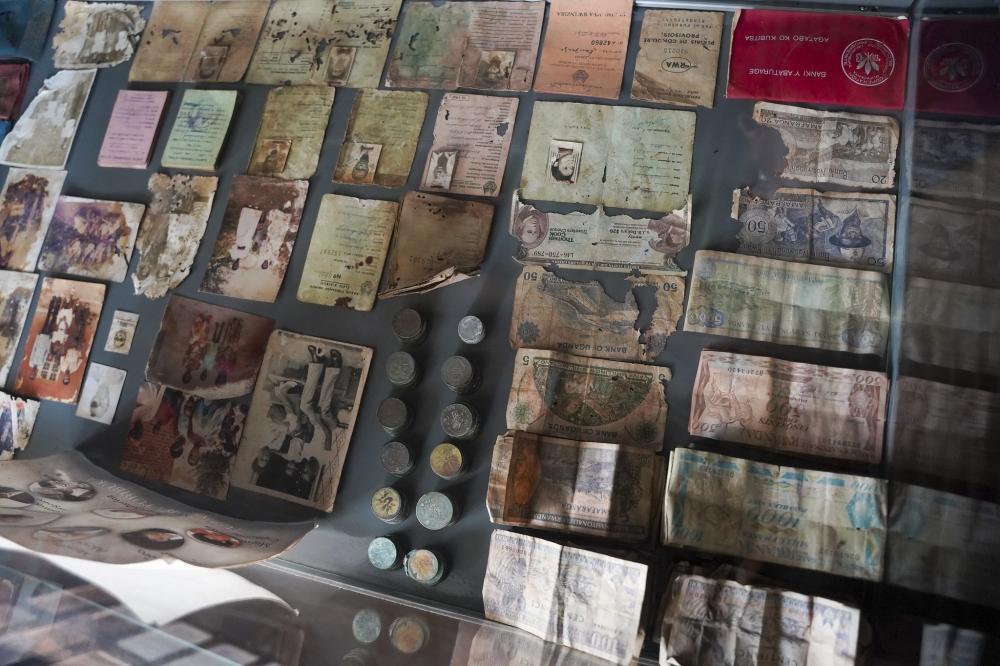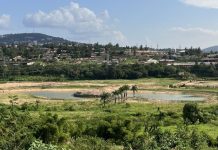Glory Iribagiza
Africa-Press – Rwanda. In the past month alone, three people asked me if I was Hutu or Tutsi after I told them I was Rwandan. One of them was a white elderly man who was just walking by as I was chit chatting with friends on a pride march. He first asked “Uganda?” when I told him. I had to say “Ru-wa-nda”. He looked excited as he asked “Hutu or Tutsi?”
This question is a hard one but it is asked all the time. At first, I used to be visibly shaken, covering my mouth to stop me from screaming, with zero clue what to answer right away. Until today, the shock has not changed.
Since I will not go out of my way to give a History class every time someone brings this up, and since I know how unfairly African stories are told in the west, the Rwandan story in particular, I hope this article helps to understand why you should never ask a Rwandan what “tribe” they are from.
We are Abanyarwanda
Rwandans have a similar identity— Abanyarwanda (plural of Umunyarwanda). Different Banyarwanda are scattered across the region primarily because of redefined borders by colonial powers in 1885. In the countries their descendants live in today, they are often referred to as Banyarwanda.
The name is obviously derived from Rwanda. So asking if I am Hutu or Tutsi is irrelevant because it doesn’t explain my “origin” that you want to understand.
Rwandans—regardless of being historically labeled Hutu, Tutsi, or Twa—share largely the same ancestry. Genetic, linguistic, and cultural studies show that the people of Rwanda are remarkably homogeneous in terms of language, culture, and origin.
It’s colonial
When the first European colonists arrived in Rwanda towards the end of the 19th century, they were struck by the sophistication of the kingdom and attributed it to racialized theories that linked the ruling class, particularly the Tutsi, to peoples of Hamitic or North African origin, who they believed had Caucasian or ‘whiter’ ancestry.
European colonists and missionaries were influenced by the Hamitic hypothesis, a racist colonial theory suggesting that any signs of advanced civilization in Africa must have come from supposedly superior, non-black peoples.
In Rwanda, this theory was used to justify colonial rule and ethnic divisions by positioning the Tutsi as superior due to their supposed foreign (Hamitic or North African) origin, and the Hutu as indigenous and inferior.
Before colonialism, identities like Hutu, Tutsi, and Twa, were more fluid and socio-economic—related to cattle ownership, profession, and not biological difference.
It is stereotypical
The Belgian colonial administration imposed the Pignet Index in Rwanda during the 1930s as a pseudoscientific method to classify people as Hutu, Tutsi, or Twa based on physical measurements such as nose width, height, and skull shape.
These classifications were then formalized through the introduction of ethnic identity cards, which froze what had previously been fluid social categories into rigid ethnic identities. This system laid the groundwork for institutionalised discrimination and would later culminate into the 1994 Genocide against the Tutsi.
Therefore, the “are you Hutu or Tutsi” question drips with stereotypes. The classic tropes: Tutsis are tall, Hutus are short; Tutsis are slim, Hutus are thick. It is racist to partake in these theories.
It is prejudicial
Fast‐forward to the 1994 Genocide Against the Tutsi where more than a million people were brutally murdered in 100 days. Every killing was powered by those colonial labels. In today’s world, asking if I am Hutu or Tutsi can also mean you want to define me as part of the perpetrators or survivors.
Asking what side I belong to is unfair because we are defined by so much more than those categories. In fact, two in three Rwandans were born after the Genocide, whose only reference of identity is Banyarwanda.
It’s overall weird
It’s understandable that you probably didn’t mean any harm. Maybe you read in the news about the Genocide or watched a movie about it. But intent isn’t a magic eraser. The question carries decades of baggage; colonial pseudoscience, weaponized prejudice, and more than a million people who were killed during the Genocide.
If you absolutely must nerd out on the made-up ethnic dynamics, inform yourself on their origin and their effects that still linger in our communities today. But keep in mind that all Rwandans are simply Rwandan.
Source: The New Times
For More News And Analysis About Rwanda Follow Africa-Press






